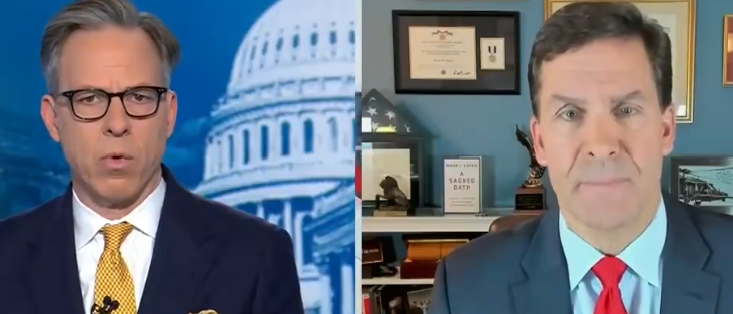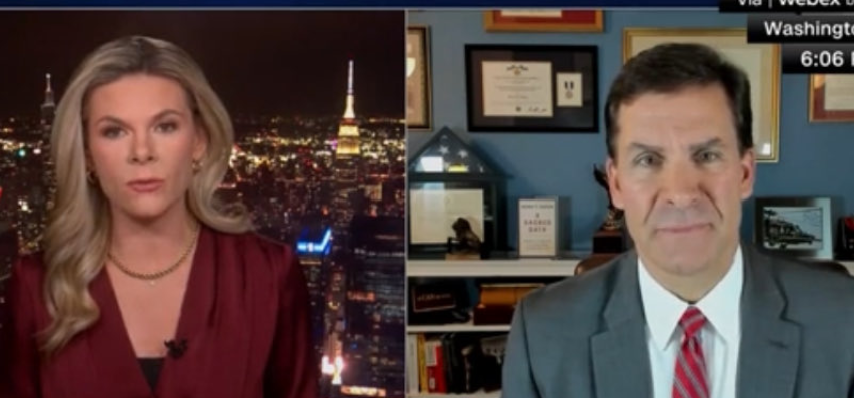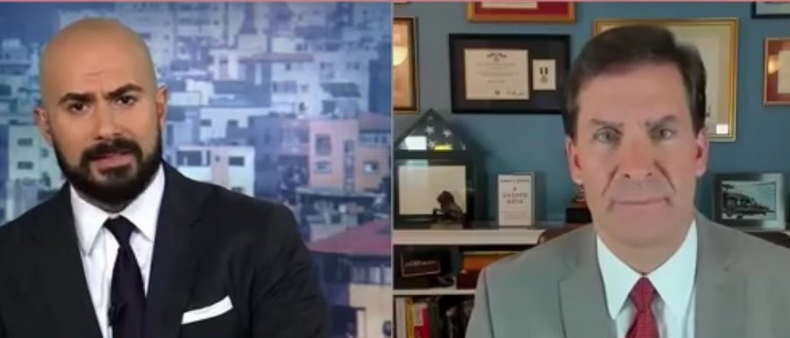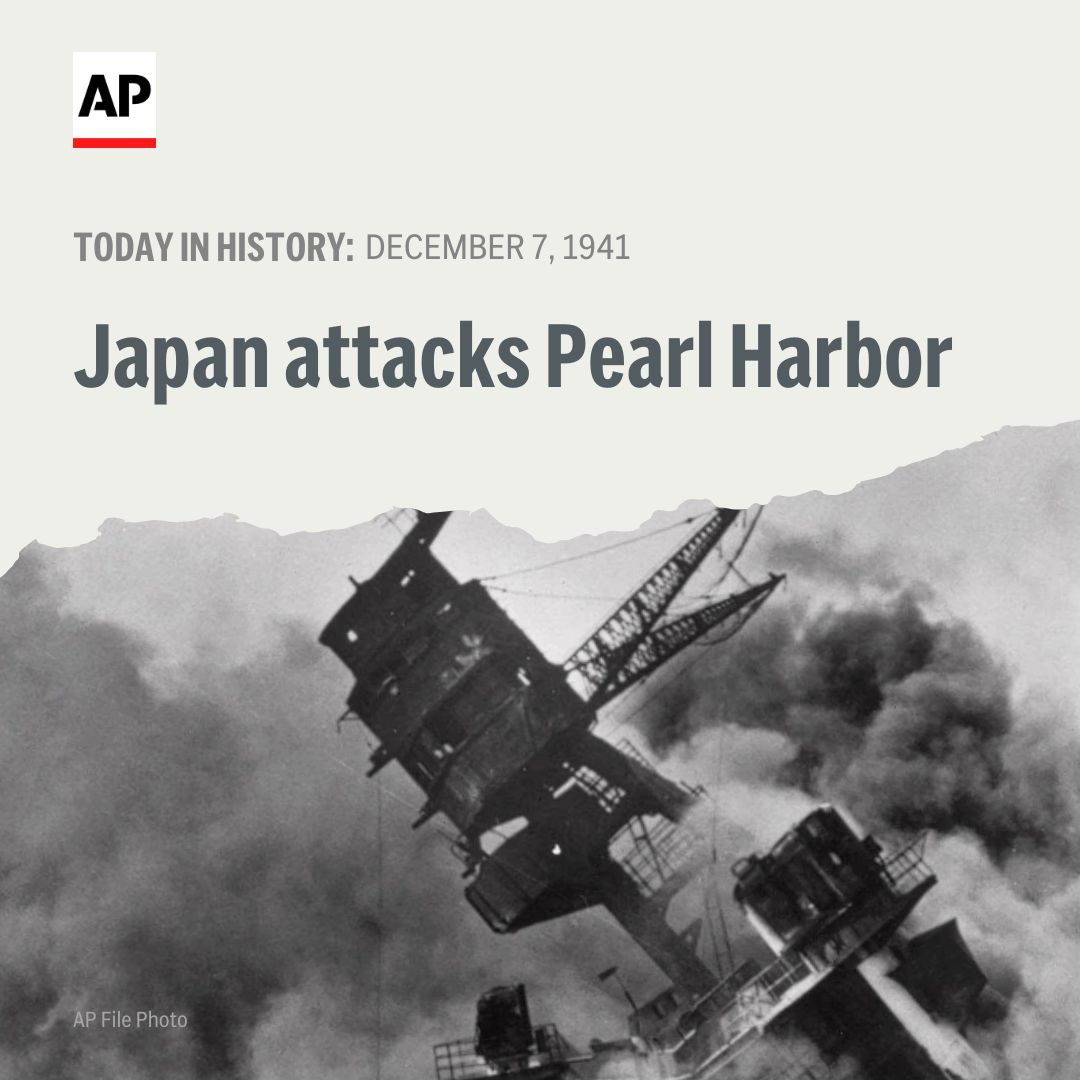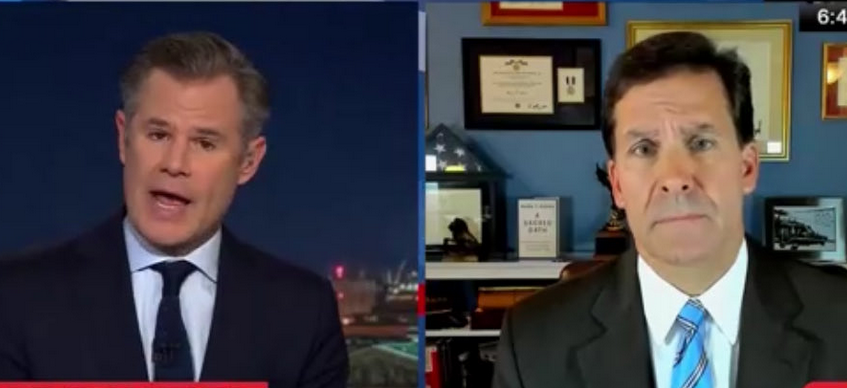Newsweek Opinion Piece: One Case Where Keeping Your Enemy Close Is a Bad Idea
One Case Where Keeping Your Enemy Close Is a Bad Idea: Rare Earth - Opinion
MARK ESPER , FORMER SECRETARY OF DEFENSE
ON 7/7/22 AT 7:42 AM EDT
Western reliance on Russian energy has hamstrung Europe's response to Vladimir Putin's unwarranted invasion of Ukraine. Worse yet, profits from oil and gas sales continue to sustain Moscow's horrific assault. The Ukrainian people are paying a steep price for this foreseeable mistake.
The world's democracies are now relearning a hard lesson of geo-politics — we cannot depend on adversaries for critical resources, let alone give them leverage to use against us.
A similar situation has been evolving for years between the West and China in a more consequential way. Our reliance on lithium, cobalt, and a handful of other strategic minerals, including rare earth elements, grows as we develop new ways to transport people and goods, power America, and create cutting-edge weapons systems that keep us safe.
And while other energy producers can make up for the Russian oil and gas that many countries are finally walking away from, we have fewer trusted suppliers of these most-critical minerals to lean on in tough times. Adding urgency to this growing problem is the fact that Communist China has been cornering the market on these metals for years by heavily investing in mines, both at home and abroad, and adjusting its quota and regulatory policies to dominate the global supply chain. But for a few strategic thinkers, American political and business leaders watched this happen, taking relatively few real moves to counter Chinese actions.
Given the importance of these strategic resources to our economy and security, and growing tensions between China and the West, we and our allies must redouble our efforts to ensure a sufficient, accessible, and reliable supply of these minerals.
The defense industrial base is heavily reliant on these strategic minerals, especially for our most advanced weapons systems. Take the F-35, a fifth-generation stealth fighter central to U.S. military dominance. Each airplane requires over nine hundred pounds of rare-earth minerals. These elements are also in our nuclear submarines and the Javelin missiles that Ukraine is using with great effect against Russian vehicles.
Off the battlefield, these metals are essential not only to computers, cell phones, and medical devices, but also to the development of innovative technologies, such as electric vehicles. EVs will transform our transportation systems, and when coupled with autonomy, will change our way of life.
But if the renewable industry and automobile manufacturers don't have access to a ready, reliable, and affordable supply of these critical minerals, then their progress will be stunted, and these important markets could end up dominated by the Chinese.
Unfortunately, Beijing is already in the driver's seat on this issue. China currently produces up to 95 percent of all battery-ready cobalt in the world, and over 80 percent of anodes and cathodes, making it the preeminent actor in EV battery production. How is this possible? It's simple — the People's Republic worked for decades to gain control of these strategic minerals around the world. As such, they now supply over 85 percent of the global demand for rare earths.
For the United States to remain competitive, we cannot allow China to maintain control over the future of advanced technology, especially when it comes to our defense, transportation, and IT sectors. This is an unacceptable risk, particularly considering Beijing's expressed goal of dominating several key industries while also building a modern military capable of going toe-to-toe with the United States.
Moreover, given authoritarian China's ongoing efforts to undermine long-standing international laws, rules, and norms, increasing friction with the West is inevitable. So, when push comes to shove, the PRC will not hesitate to restrict these strategic minerals to get its way. Much like Moscow cut off gas in past winters to Ukraine, Beijing did the same to Japan with rare earths in 2010 and threatened as much to the United States in 2019.
Breaking China's near monopoly and ensuring that America can reliably field the weapons, develop the vehicles, produce the power, and deploy the technologies of tomorrow will require a sustained, all-of-government response. It will undoubtedly take years — but America was once a major producer of rare earth minerals, and we can be again. Fortunately, this is one area where bipartisanship still exists in Washington.
The Pentagon is continuing its efforts to ensure the availability of these materials and strengthen defense supply chains, something that I focused on during my tenure, to include through Department of Defense funding. Meanwhile, building on his predecessor's initiatives, President Biden has put forward a plan to expand U.S. domestic supplies of strategic minerals through targeted investments and incentives here at home. And on Capitol Hill, lawmakers from both parties have introduced legislation to end U.S. reliance on China for rare earth elements.
Jumpstarting our own domestic extraction, processing, and refining industry is a solid step forward. Recycling these materials -- which are safe when handled correctly -- rebuilding the national stockpile, and updating laws and regulations that hinder this vital industry are also important.
We must also work with our trusted allies around the globe to expand the availability of these critical resources, and to mitigate both cost and risk, while also holding China accountable for its unfair trade practices in forums like the WTO.
The COVID-19 pandemic and war in Ukraine have taught us many lessons, but the most pertinent is the importance of having dependable providers for our most critical strategic resources. Relying on adversaries, especially predatory states like Russia and China, is not only dangerous, but also gives them leverage over us while fueling their bad behavior. Our government continues to move in the right direction to address these treacherous dependencies, but more needs to be done, and quickly, to safeguard our future.
Dr. Mark T. Esper was the 27th Secretary of Defense and bestselling author of "A Sacred Oath."
